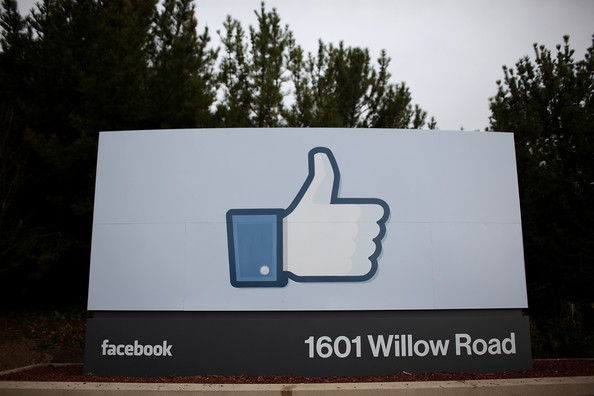THE LAW OF LIKING – Why We Like To Be Liked
Real quick, the focus for next month and then moving forward to the Summer of 2012 is to really get to the top of things regarding this simple yet ever perplexing concept of liking, which has taken this planet by storm and appears to be headed in the direction of becoming a form of an exchangeable global digital currency.
Below is the technical data regarding the phenomenon, and since the social media company Facebook is set to Occupy Wall Street in the upcoming month of May in the form of the FB ticker symbol on the Nasdaq stock exchange, we here at PH can investigate ways to now upgrade the concept to Official Pimpin Status 2.0.
Reciprocal Liking
Reciprocal liking is a psychological term to describe the phenomenon of people tending to better like those people who like them. It reflects the notion that people feel better about themselves knowing that they are likable and enjoy the company of those who give them positive feelings. Reciprocal liking is considered a significant factor in the formation of friendships and interpersonal attraction.
Attraction
In an experiment by Gold, Ryckman, & Mosley (1984), male participants were shown to have an increased interest in a female confederate who made eye contact, leaned in and listened attentively, despite disagreeing on important issues. Another such experiment involved a number of role players. 24 graduate students were paired with evaluators. They were to either try to gain approval negatively or positively. Those who tried to gain approval in a more positive manner were an instant attraction and received higher scores when reviewed by the female grad students.
Belief
Possibly the most important factor in whether someone will like another is how much they believe the other person likes the first person. An experiment tested this by pairing college students together. Both groups received different types of special information. One group was told their partner liked them and the other group was told their partner disliked them. The “liked” group was much friendlier to each other and argued less.
Self-esteem
The person’s self-esteem also plays a role. While those with positive self-esteem respond to reciprocal liking, those with negative self-esteem seem to prefer working with people who are critical of them.
Stay tuned in and tell a friend.Â




